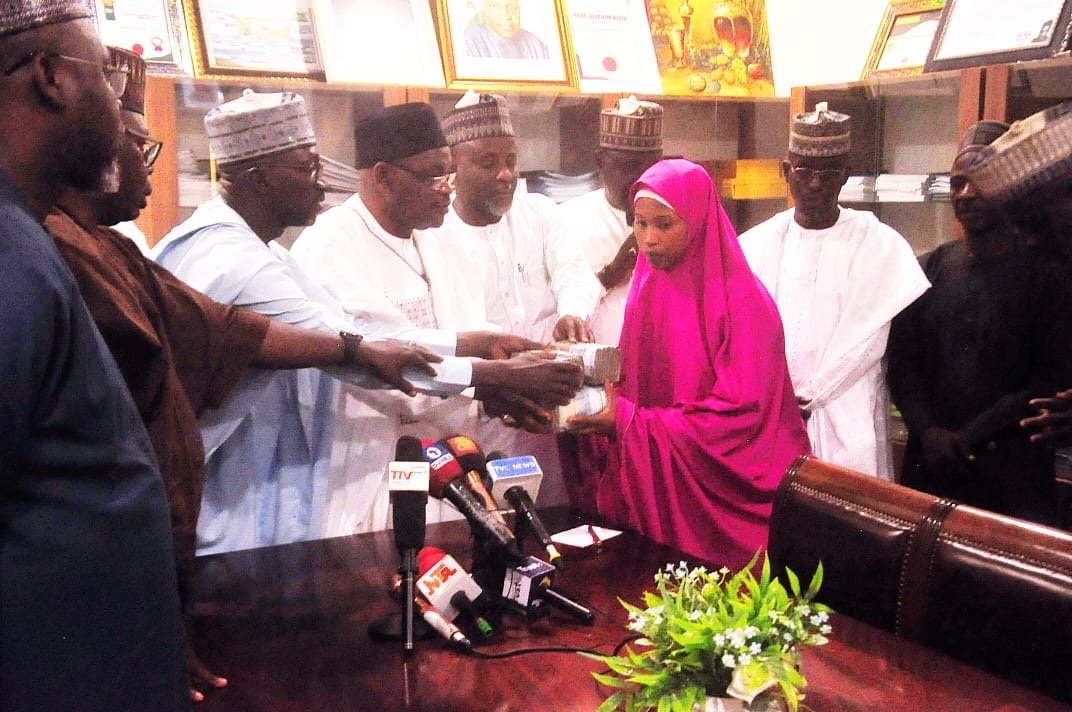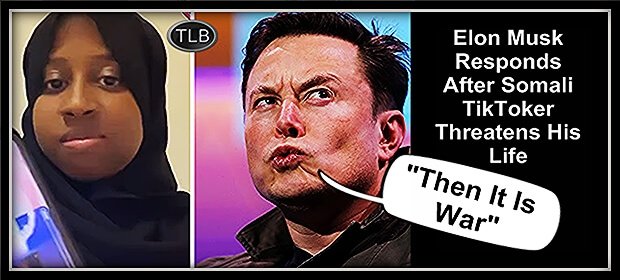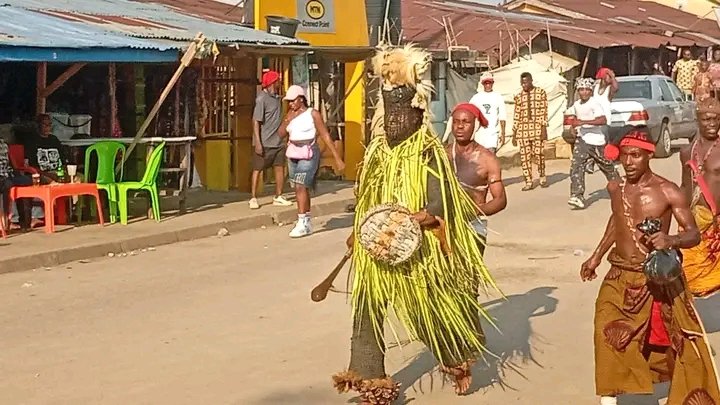By Adannia Timothy
Asaba massacre
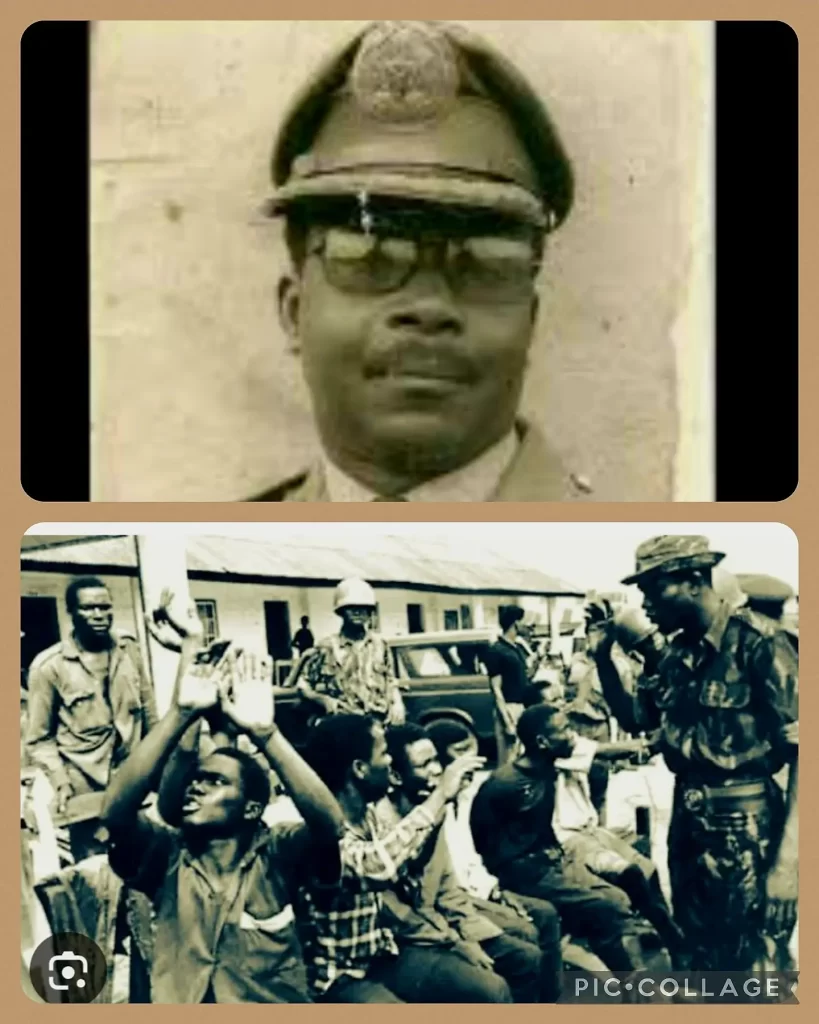
On 7 October 1967, Colonel Ibrahim Taiwo ordered his men to gun down 700 Asaba Indigenes, consisting of men and boys over the age of 10. Taiwo wasn’t held accountable until he died in 1976. In fact, he was rewarded with the military governor of Kwara State 1975-1976.
Fast forward to 2020
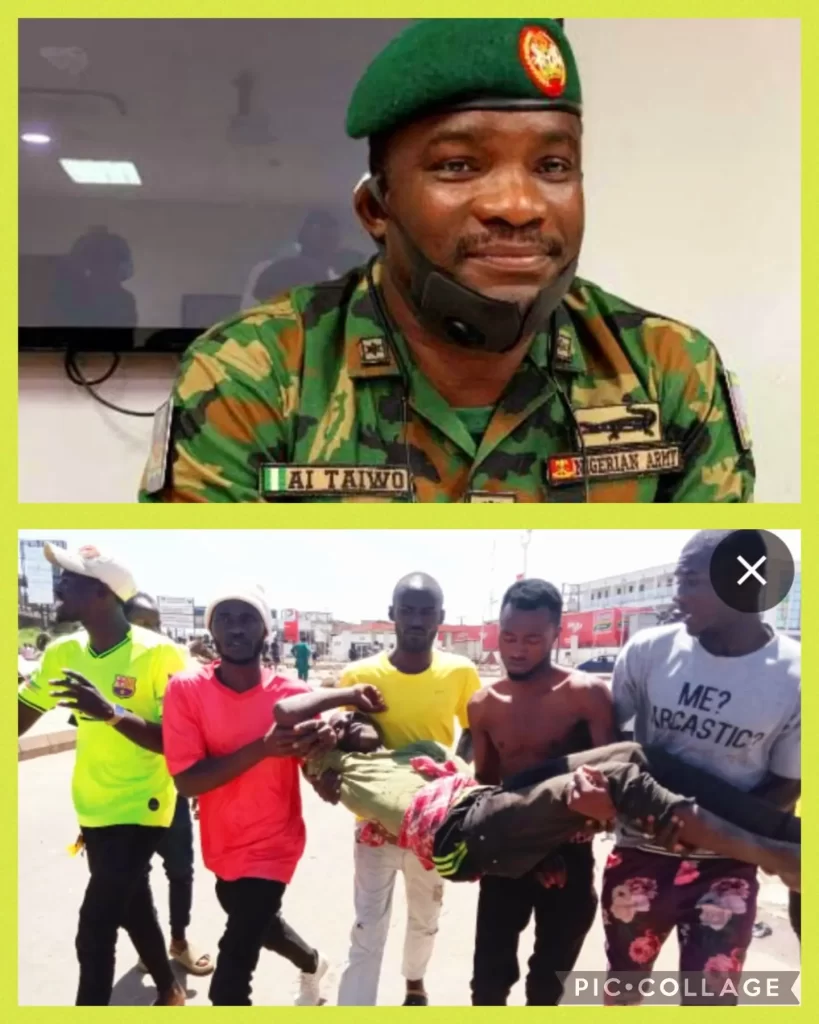
His son Brigadier General Ahmed Ibrahim, whose soldiers from 81 DIVISION MASSACRED THE ENDSARS PROTESTERS IN LEKKI TOLLGATE and denied it didn’t occur and no one was killed.
It was discovered later in 2023 that Lagos state hid the 112 bodies of the lekki Toll Gate victims in an undisclosed morgue in the state. Once again, Taiwo was rewarded with a promotion to MAJOR GENERAL.
The importance of history
If you don’t understand your history, whether personal, family, or national, you’ll not understand the foundation and antecedents of the present and future national crises & conflicts.
If you don’t understand historical events and how those events were handled, solved, or unresolved, you won’t have a clue how to deal with the reoccurring situation in the future.
READ ALSO | What makes you a true Christian?
If you don’t understand history, you’ll make the villains your hero. You’ll dine with the enemies that eradicated your ancestors.
History serves to guide us through the present and the future.
Young Nigerians are denied of their national history in their education curriculum. They’re locked in the dark of many despicable atrocities that happened in the past. Of which the majority of them are replicating.
They really have no idea of the seriousness of the PRESENT CRISIS IN NIGERIA AND IT’S TENDENCIES TO SPARK INTO A SERIOUS CONFLICT, if not handled well.
They get caught up with the political smokescreen and cycles of political drama. They make comedy skits of them and, at most SCREAM, HELPLESSLY ON SOCIAL MEDIA.
Pay attention to history to understand the thinking of the recycling criminal politicians and what they’ve been involved in in the past.
We’ll discuss the Asaba Massacre tomorrow, then subsequently conclude the British role to review France’s involvement.


